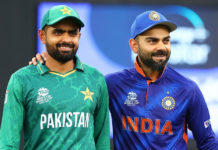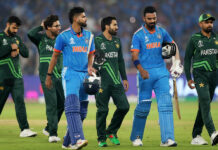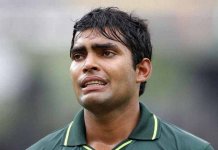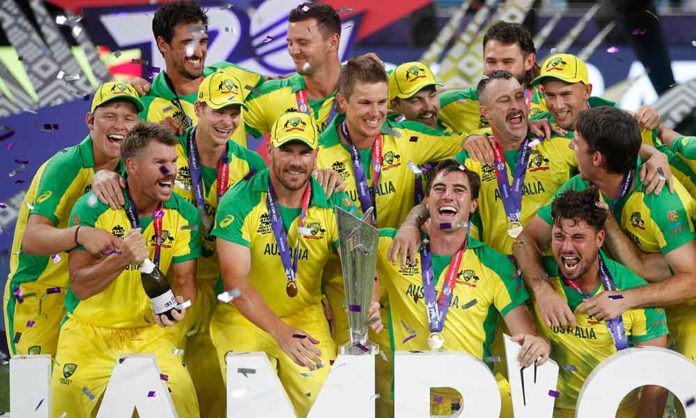Shikhar Dhawan is leading India against West Indies in the ongoing ODI series, which makes him the seventh Indian captain in 2022. Well, India is not the only country that has had seven captains in a calendar year, there have been several instances where teams have changed their leadership because of injuries, workload management, poor form and sometimes even administrative turmoil. Here are five international cricket teams that have had over 5 captains during a calendar year.
INDIA: Seven captains in 2022
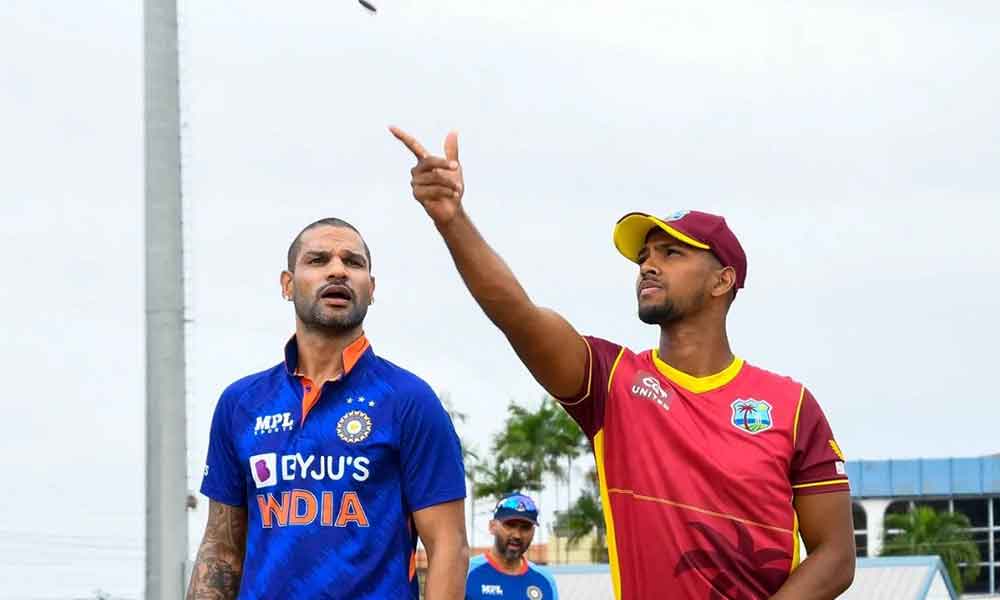
Earlier this year, after regular captain Virat Kohli was forced out of the Johannesburg Test with back spasms, India had to appoint KL Rahul as their stand-in captain. Kohli stood down as Test captain after the team lost the series 1-2 and Rohit Sharma took charge in all three formats. However, Rohit was unable to play in the ODIs in South Africa, due to injury, thus Rahul had to lead there.
Following Rohit’s recovery, India played at home against the West Indies and Sri Lanka, winning all 11 matches he captained between February and March. However, after the Indian Premier League, Rishabh Pant led India because both Rohit and Rahul were unable to play. In Pant’s captaincy, India drew 2-2 with South Africa in a home T20I series.
Hardik Pandya led the team in the T20I series in Ireland, where most senior players were rested. While Jasprit Bumrah captained the team in the rescheduled fifth Test of their England tour in 2021 in place of the injured Rohit Sharma.
Shikhar Dhawan is leading the side on their tour of West Indies, instead of Rohit, who was back for the limited-overs series against England.
SRI LANKA: Seven captains in 2017
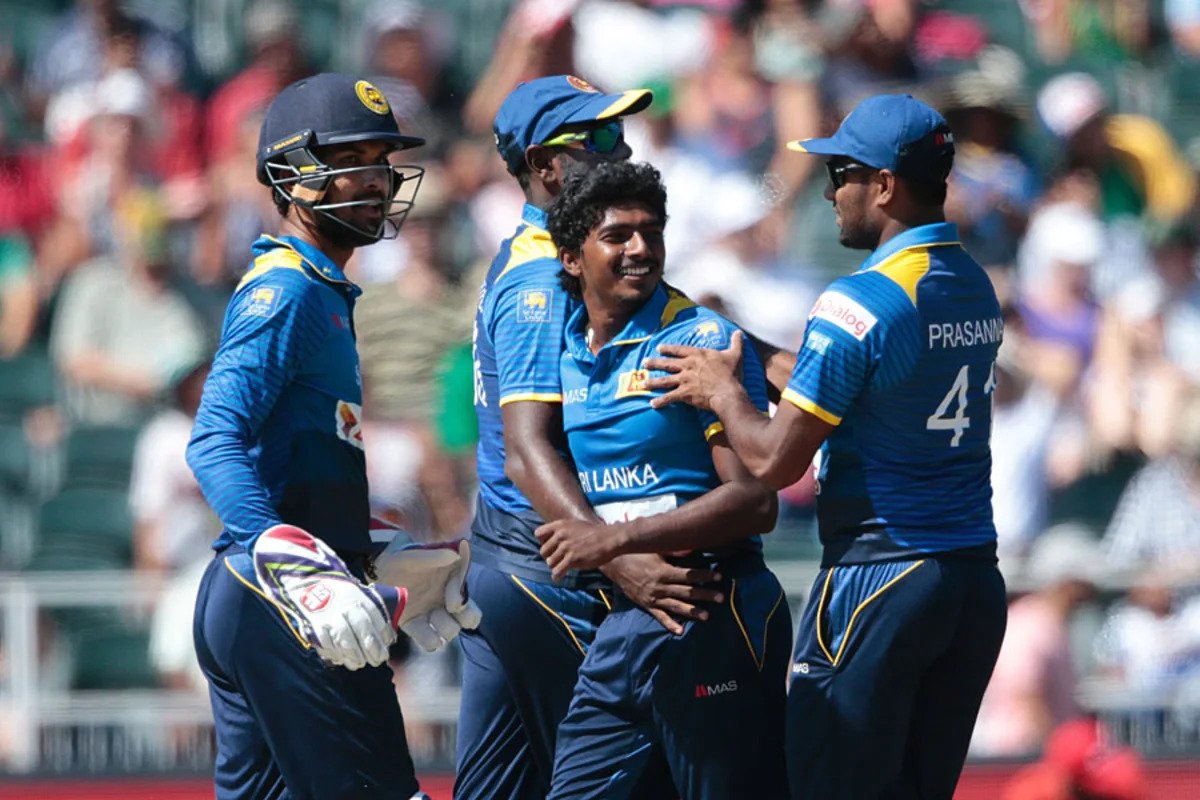
Sri Lanka was the team first international cricket team to try out seven captains in a calendar year, back in 2017. The beginning of the year saw them on the road in South Africa with regular captain Angelo Mathews. He was in charge of two tests and two Twenty20 internationals before suffering a hamstring injury that sidelined him for five months. Dinesh Chandimal was Sri Lanka’s next captain for one T20I. However, Upul Tharanga took over as captain for the One-Day Internationals that followed, in which Sri Lanka lost 5-0.
While Rangana Herath led the team in all three of that year’s Test matches, Sri Lanka continued to play limited overs games with Tharanga as their captain. Mathews returned to captain the team after Tharanga was punished for Sri Lanka’s slow over rate during the Champions Trophy in England. However, he resigned as captain from all three formats of the game after Sri Lanka lost the ODI series against Zimbabwe. Chandimal was handed the reigns for the Test matches, while Tharanga was appointed white ball captain. However, Lasith Malinga and Chamara Kapugedera also led in one-off ODIs.
In October that year, several first-choice players relucted to play the 3rd T20 of Pakistan’s home series, which was to be held in Lahore. They were not considered for the whole series, which gave Thisara Perera a chance to take the leadership role as he became Sri Lanka’s seventh captain for the year.
ZIMBABWE: Six captains in 2001
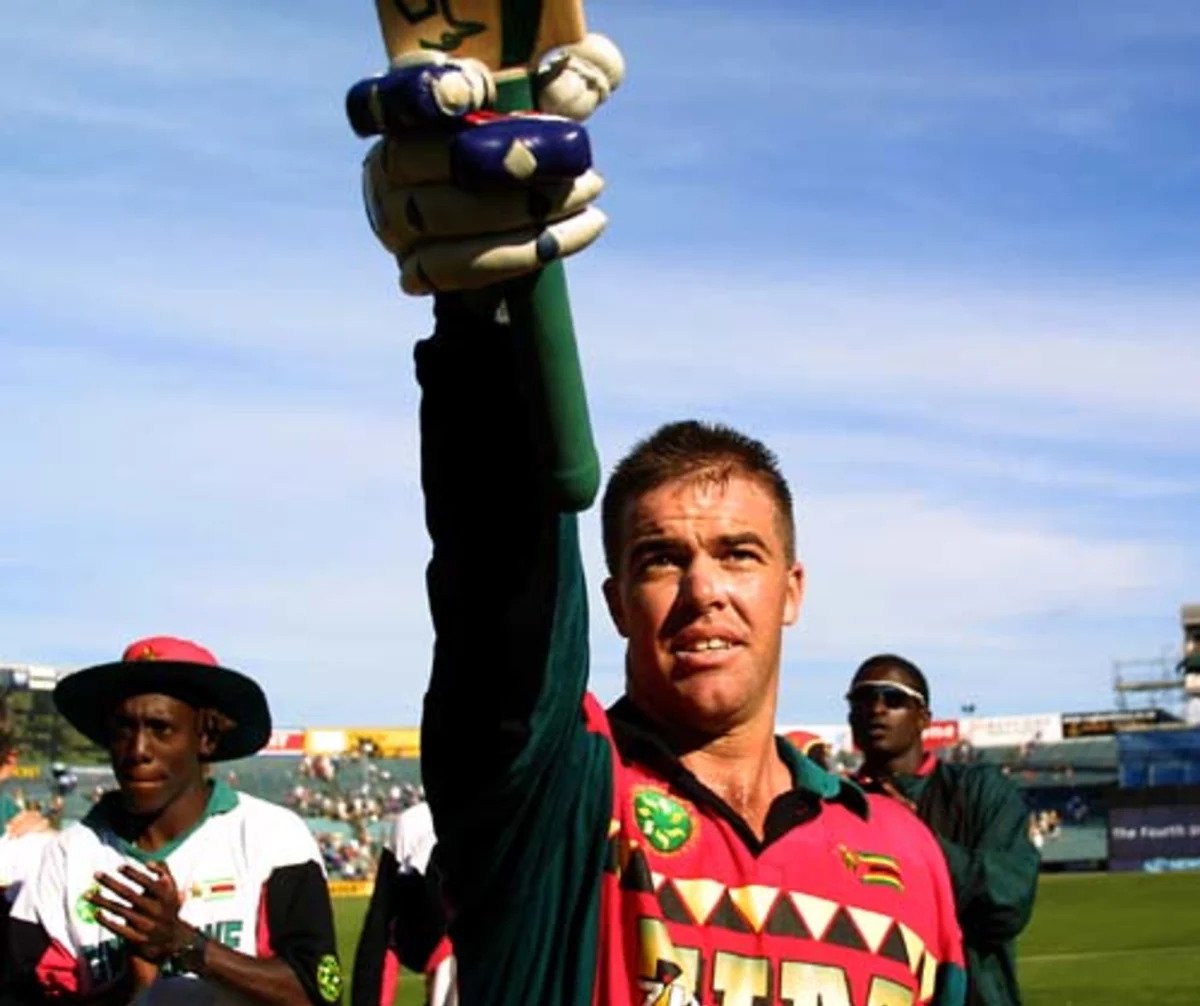
Zimbabwe was hit with some internal leadership turmoil while their cricket team was at its competitive best. During the first half of 2001, Heath Streak was their leader. During that time, they won an ODI series against New Zealand and a historic Test match against India.
However, he resigned from his position after having conflicts with the board. Guy Whittall was offered captaincy then, but he initially declined to lead the squad in the home tri-series involving India and West Indies. Grant Flower then led Zimbabwe in their first game, but Streak returned to captaincy for the second game. Eventually, Whittall led Zimbabwe in their third game after Grant Flower, Streak, and Whittall all took turns leading the team.
In July, Streak was given the opportunity to lead the team again, but he ultimately decided to concentrate on his bowling and quit three months later. Brian Murphy, a leg spinner, stepped in as his replacement for a tri-series that was played in Sharjah. Alistair Campbell and Stuart Carlisle also took turns captaining the side till the conclusion of the year.
ENGLAND: Six captains in 2011
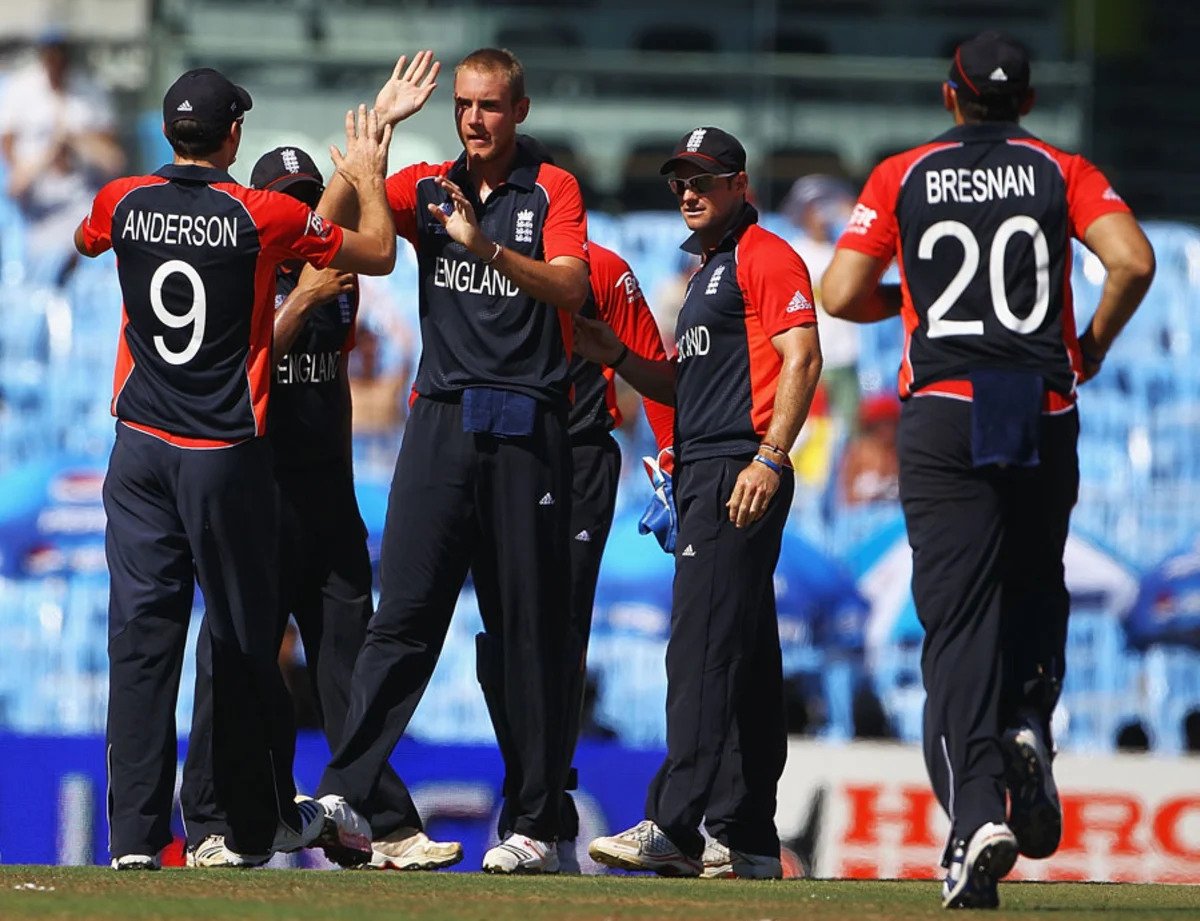
England kicked off the new year by clinching a historic 3-2 triumph in the Ashes under Andrew Strauss. Paul Collingwood, who led England to T20 World Cup glory in 2010, captained the team in the subsequent two Twenty20 Internationals against Australia before Andrew Strauss took over for the One-Day Internationals.
After England failed to go past the quarterfinals of the World Cup later that year, Strauss stepped down as captain of the ODI team to concentrate on his performance in test cricket. The England selectors saw this as an opportunity to herald in a new age of divided captaincy, which is now the standard for many teams. Many other countries have followed England’s lead in this regard. While Strauss remained Test captain, Alastair Cook and Stuart Broad were appointed as the captain for the ODI and T20I, respectively.
Ireland-born Eoin Morgan led England against his home country when Alastair Cook was rested for an ODI against Ireland. Later that year, Broad and Morgan’s injuries allowed Graeme Swann to take charge of three T20Is.
AUSTRALIA: Six captains in 2021
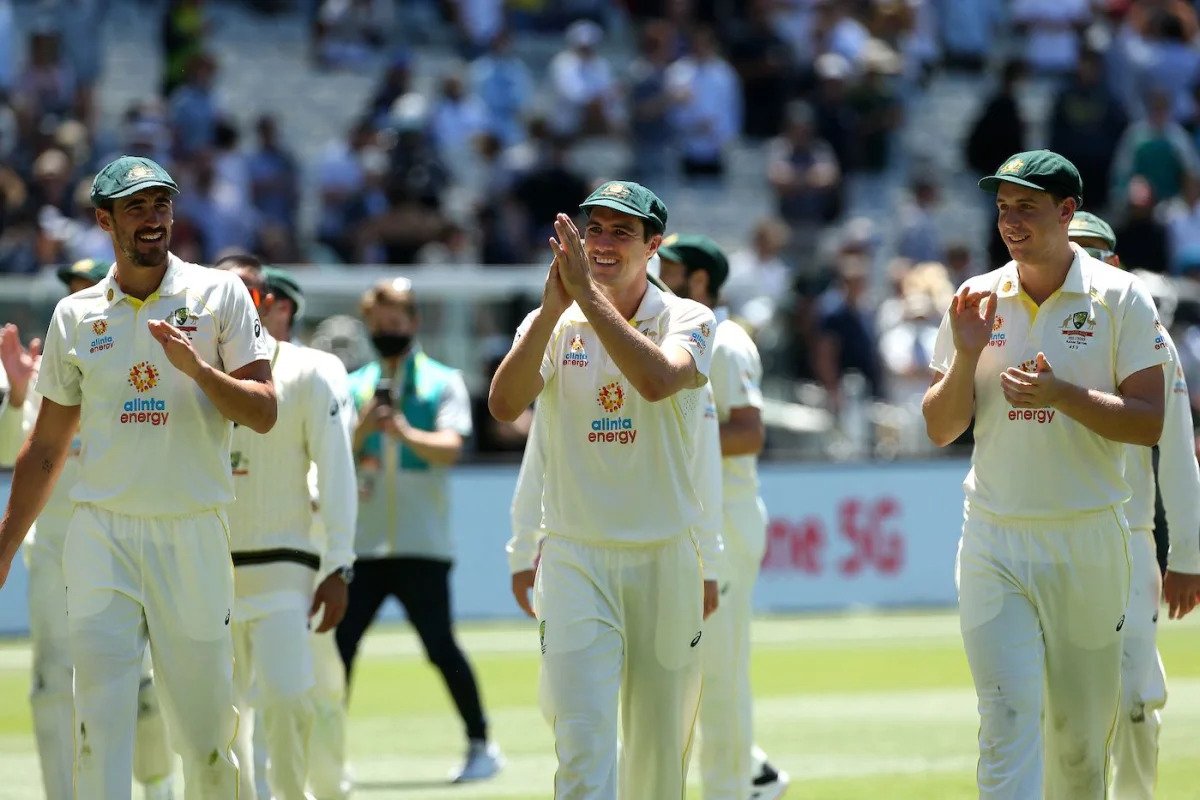
Australia started 2021 with a defeat against India at home in the Border-Gavaskar Trophy. Even though, India was playing without a large number of its first-choice players. Tim Paine was leading the team in that series, which proved to be his last stint as he quit just before the Ashes later in the year. Pat Cummins stepped in as the next Test captain, guiding his team to a 4-0 victory against England. However, he was forced to miss one of the matches because he was found to have been in close contact with a COVID patient. Steve Smith led the team in his absence and guided his team to a 275-run victory.
Aaron Finch, the regular white-ball captain, suffered a knee injury in July, which allowed Alex Carey to lead in the ODI series against West Indies. Matthew Wade was given the opportunity to lead the team in a Twenty20 International series in Bangladesh in August when several first-choice players were given rest. Finch returned to lead Australia to their first-ever T20 World Cup victory in the UAE in October and November.













